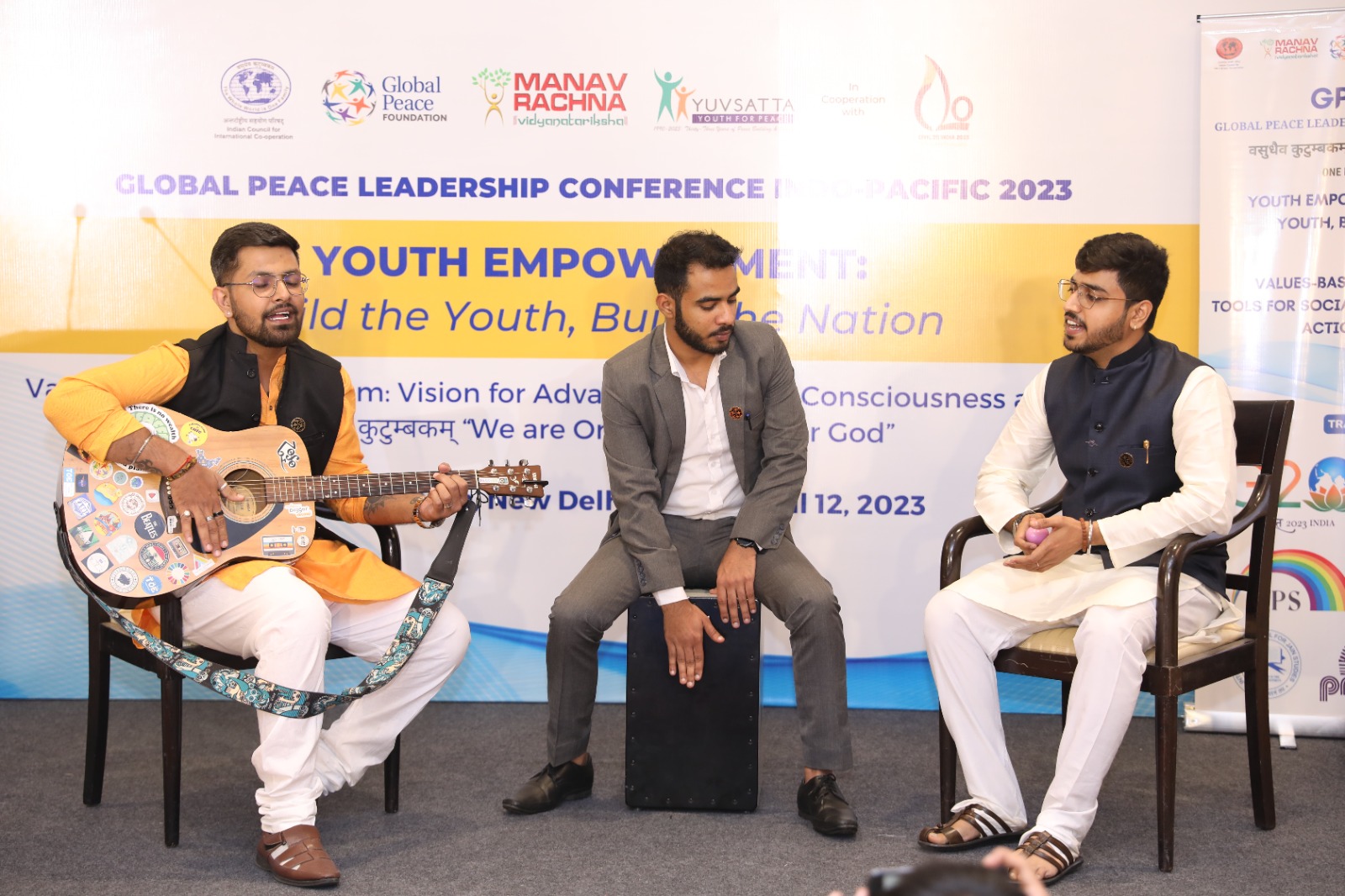One of India’s popular and environmentally conscious bands, Virah, with its soul-stirring renditions, has been enthralling fans worldwide for years. They gained millions of followers, thanks to their breathtaking performances at national and international events such as the Global Peace Leadership Conference, ITPO Pragati Maidan, the American Centre—US Embassy, and Rockview Air Force Station. The group, comprising singer Rumit Walia, guitarist and vocalist Utsav Bhardwaj, and percussionist Tarun Kumar, will perform November 23 at ‘Green Heroes Speak Music For Change’ during Dharitri Youth Conclave 2024, to be hosted by Dharitri, one of the biggest and most reputable newspapers in Odisha. Walia, the band’s lead singer, took some time off ahead of the concert to speak to Arindam Ganguly of Orissa POST about their goals, journey, and the importance of music in environmental safety.
What was the drive that made you work on music about environmental issues?
Like everybody else, we started with Rock music. Our speciality was Sufi Rock. We are also part of the environmental group ‘Tears of the Earth.’ At the outset, we worked on songs about the environment by recreating popular Bollywood numbers. Our works resonated with the music fans. Then, we shifted our focus to the protection of the environment.
What has had the biggest impact on your creative process?
All three of us in this band have been influenced by various musical genres. Our percussionist was raised in a musical ambience as his family performed ‘Kirtans’ using different musical instruments. Our lead guitarist is a multi-instrumentalist and was influenced by choir due to his education in a convent school. About me, I was fascinated by R&B songs. We bonded over our shared love of Rock and Sufi music when we first met.
What role can music play in environmental conservation?
Music plays a significant role. It amplifies voices and issues that are sometimes impossible to express through speaking and discussion. If you look back, music has played a big part in the success of numerous campaigns and movements.
There are countless songs on love and separation, but very little about the environment. Why?
I beg to differ on this. You can find a lot of songs in rural areas on nature and earth. However, due to a lack of communication, people are not able to connect with them. We are working towards plugging the gap.
What’s your message to the Indian audience on climate issues?
Don’t be burdened by climate worries. You just do your part and enjoy life and music.
Your thoughts on the Dharitri Youth Conclave?
This event appeals to me since it not only includes grassroots activists and local environmentalists but also appropriately acknowledges their work.

